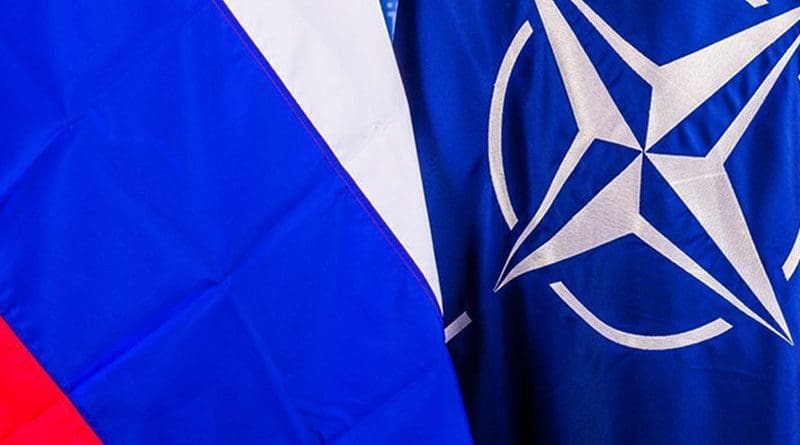NATO To Hold Annual Nuclear Exercises Despite Russian Threats
By EurActiv
By Alexandra Brzozowski
(EurActiv) — NATO is set to hold its regular annual nuclear deterrence exercises next week amid Russian President Vladimir Putin’s repeated threats to use nuclear weapons.
“This is routine training which happens every year to keep our deterrence safe, secure and effective,” NATO Secretary-General Jens Stoltenberg told reporters on Tuesday (11 October).
“President Putin’s veiled nuclear threats are dangerous and irresponsible,” he said, adding that “Russia knows that a nuclear war can never be won and can never be fought.”
The annual exercise, dubbed ‘Steadfast Noon’, will involve 14 NATO members, and nuclear-capable aircraft, but does not involve any live bombs. Conventional jets, and surveillance and refuelling aircraft also routinely take part.
Its declared aim is to ensure that relevant alliance personnel and equipment are prepared for a worst-case scenario and in the current context, to provide a ‘sense of security’ to alliance members, NATO diplomats say.
“We are closely monitoring Russia’s nuclear forces,” Stoltenberg added. “We have not seen any changes in Russian nuclear posture, but we remain vigilant.”
The exercises, however, coincide with Putin’s recent escalation of threats to use nuclear weapons, warned the West he was not bluffing, despite warnings from Western countries that such a step would be met with “firm consequences”.
Russia’s nuclear doctrine allows for a nuclear strike after “aggression against the Russian Federation with conventional weapons when the very existence of the state is threatened”.
Russia is the world’s biggest nuclear power based on the number of nuclear warheads: it has 5,977 warheads while the United States has 5,428, according to the Federation of American Scientists.
Asked whether it was the wrong time to proceed with such an exercise, Stoltenberg said “it would send a very wrong signal now if we suddenly cancelled a routine, long-time planned exercise because of the war in Ukraine.”
“NATO is prepared for any threat, any attack (…) also a nuclear threat – this was important before the invasion of Ukraine and has become more important after,” Stoltenberg said.
“By ensuring that we have credible deterrence and defence, we are helping to reduce the risk of escalation,” he added.
NATO as an organization itself does not possess any nuclear weapons, they remain under the control of three nuclear member states, the US, the UK and France.
A leaked report in 2019 revealed the locations of US and NATO nuclear weapons bases in Kleine Brogel in Belgium, Büchel in Germany, Aviano and Ghedi-Torre in Italy, Volkel in The Netherlands, and Incirlik in Turkey.
The presence of the weapons stems from a Cold War-era agreement in the 1960s aimed to deter the Soviet Union.

